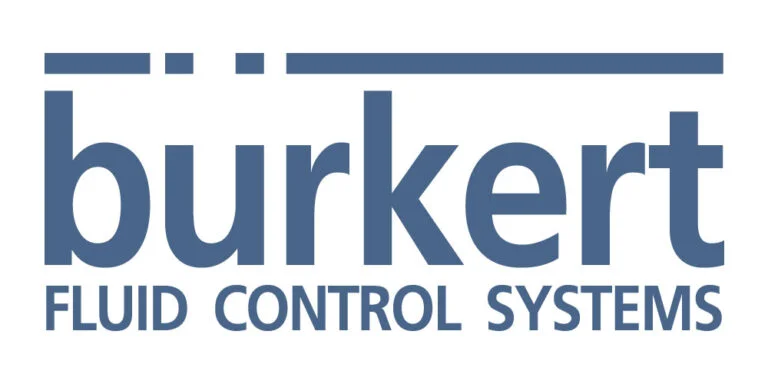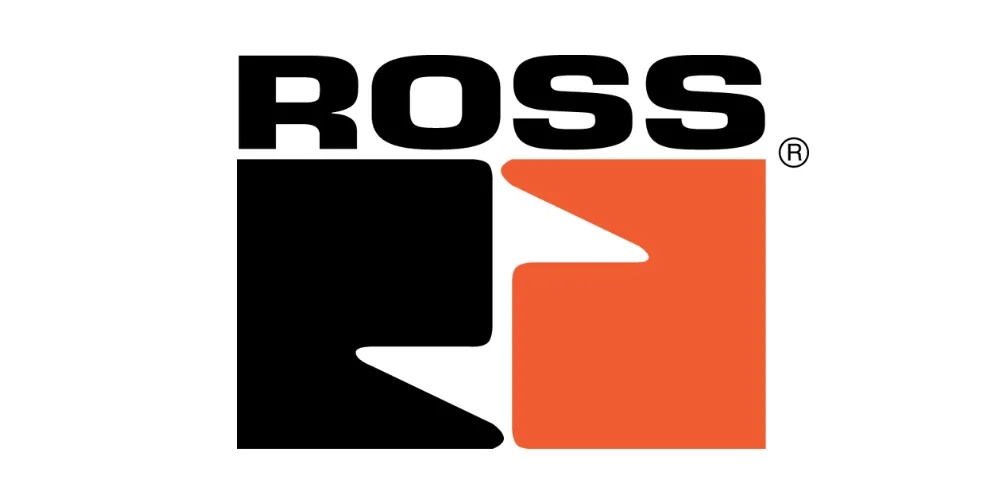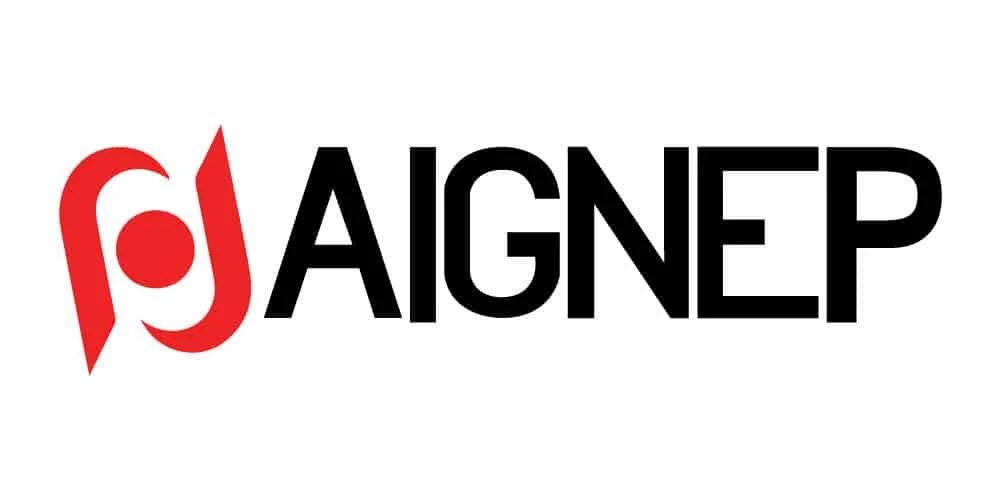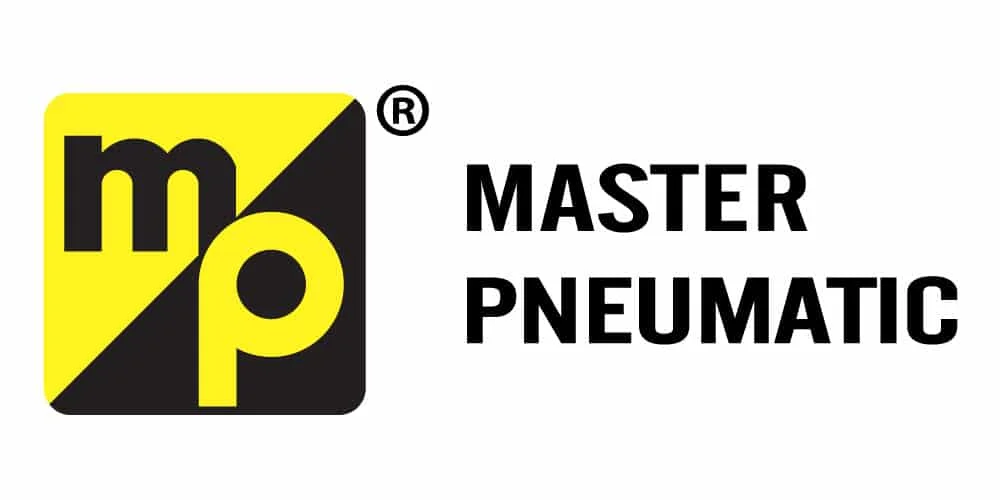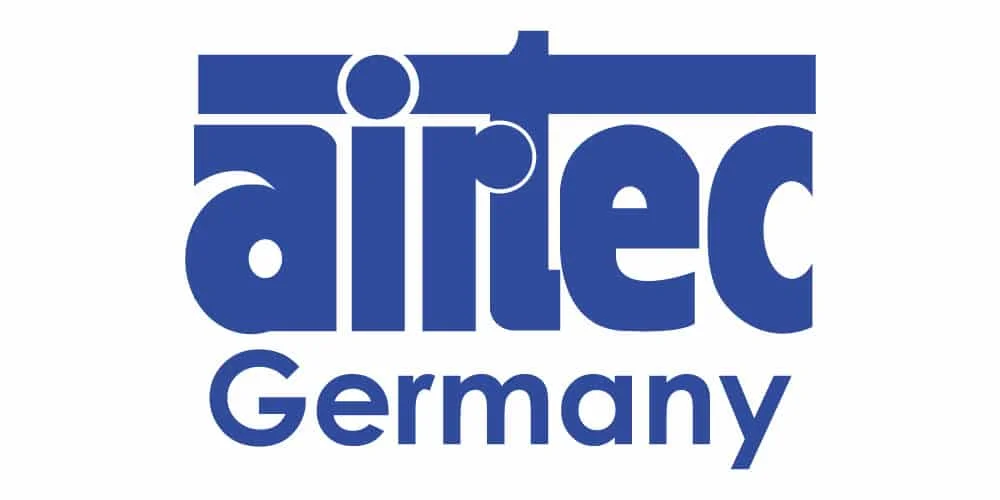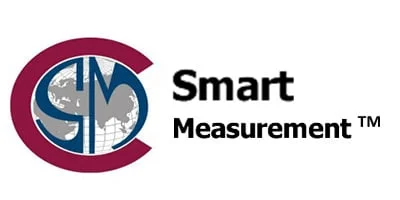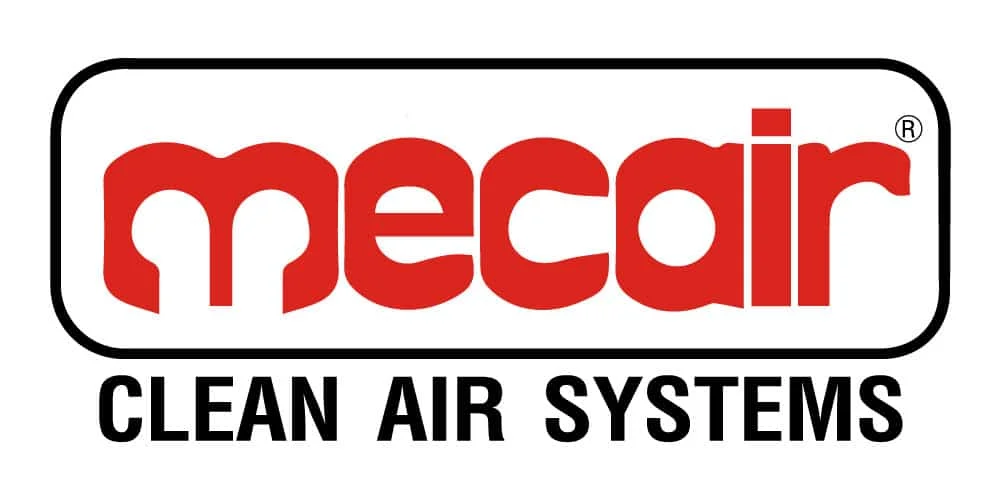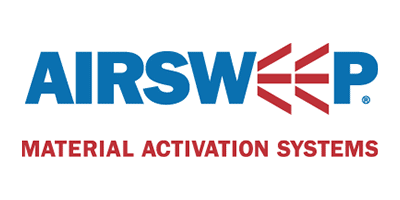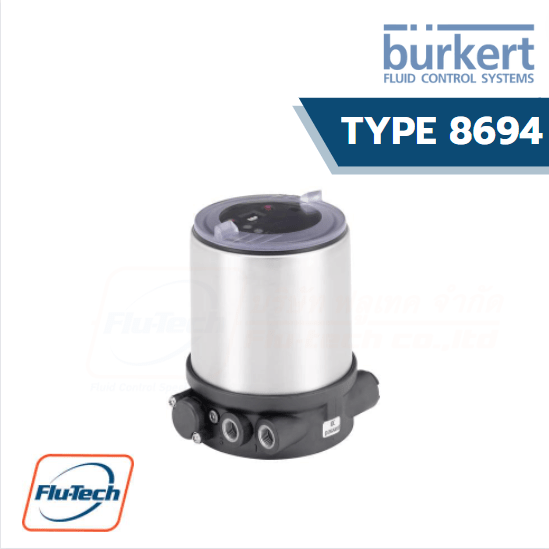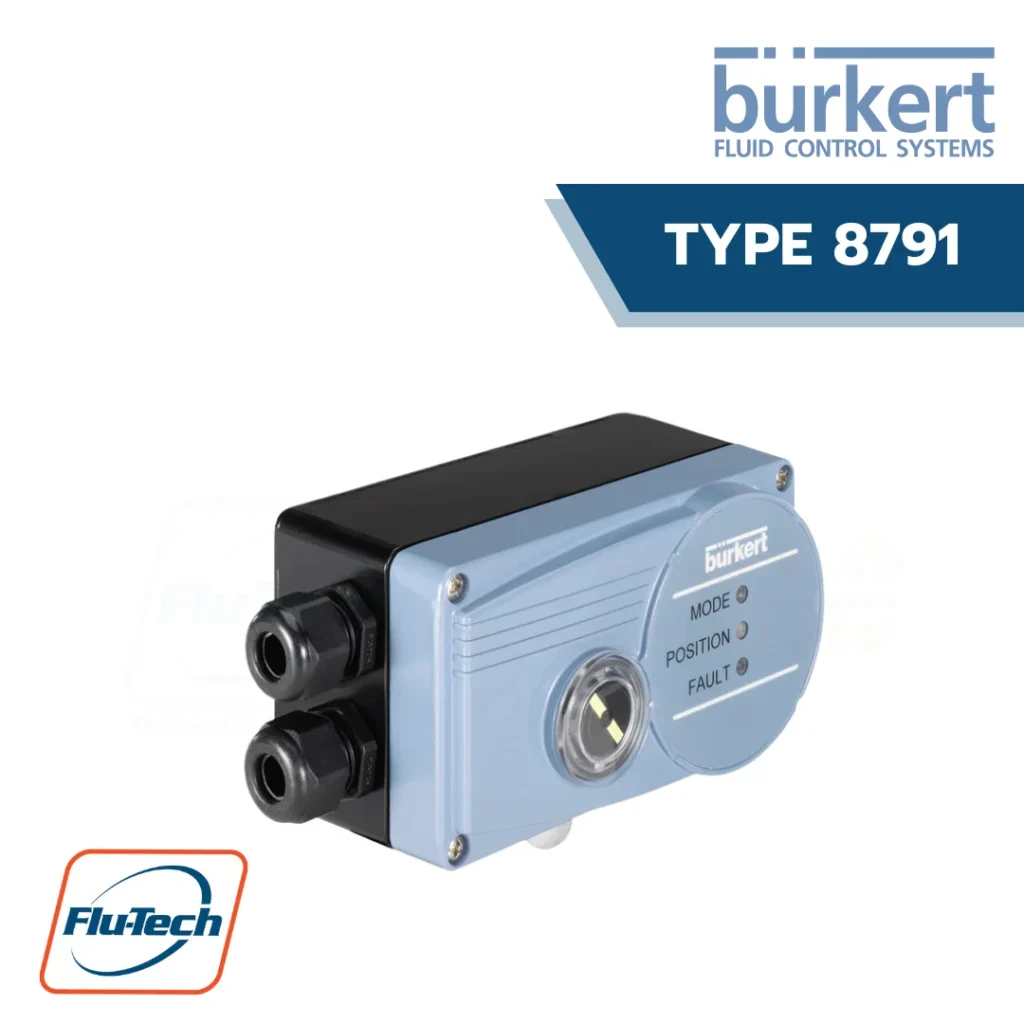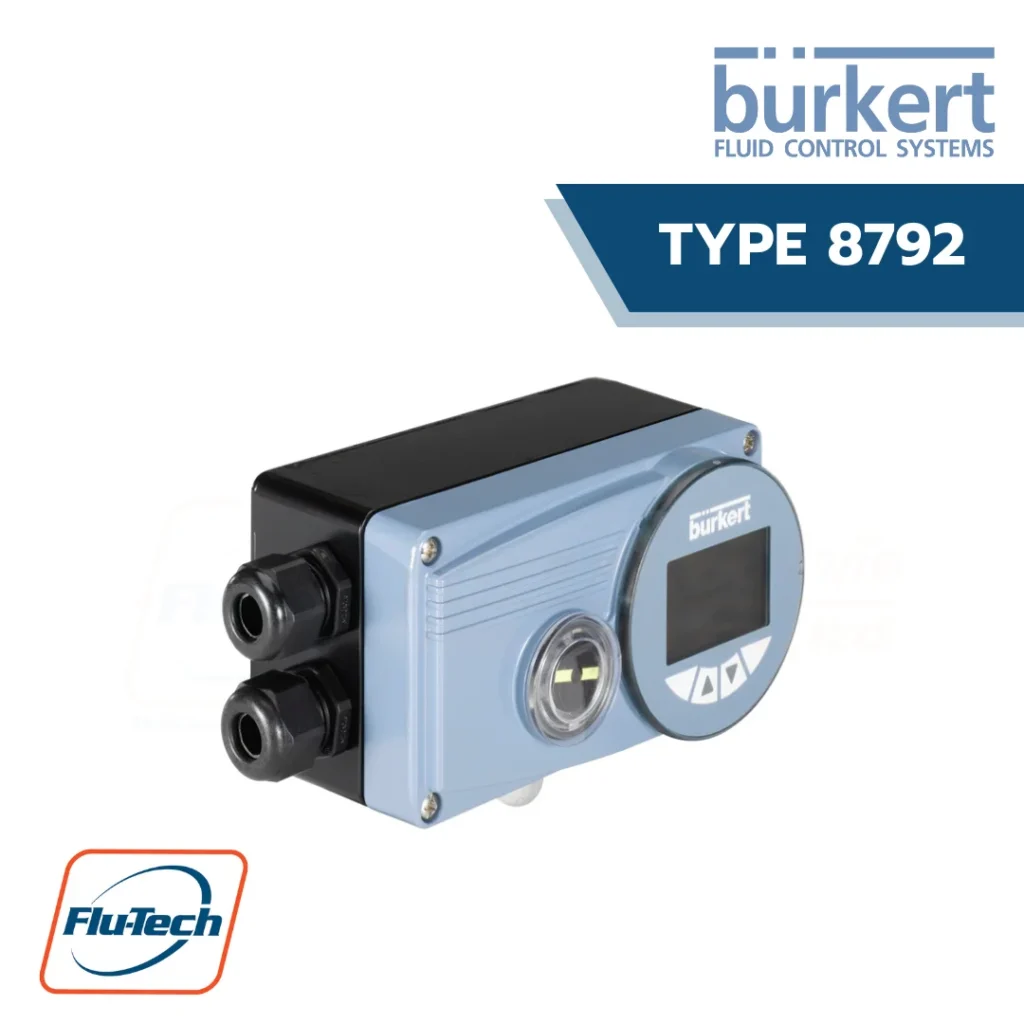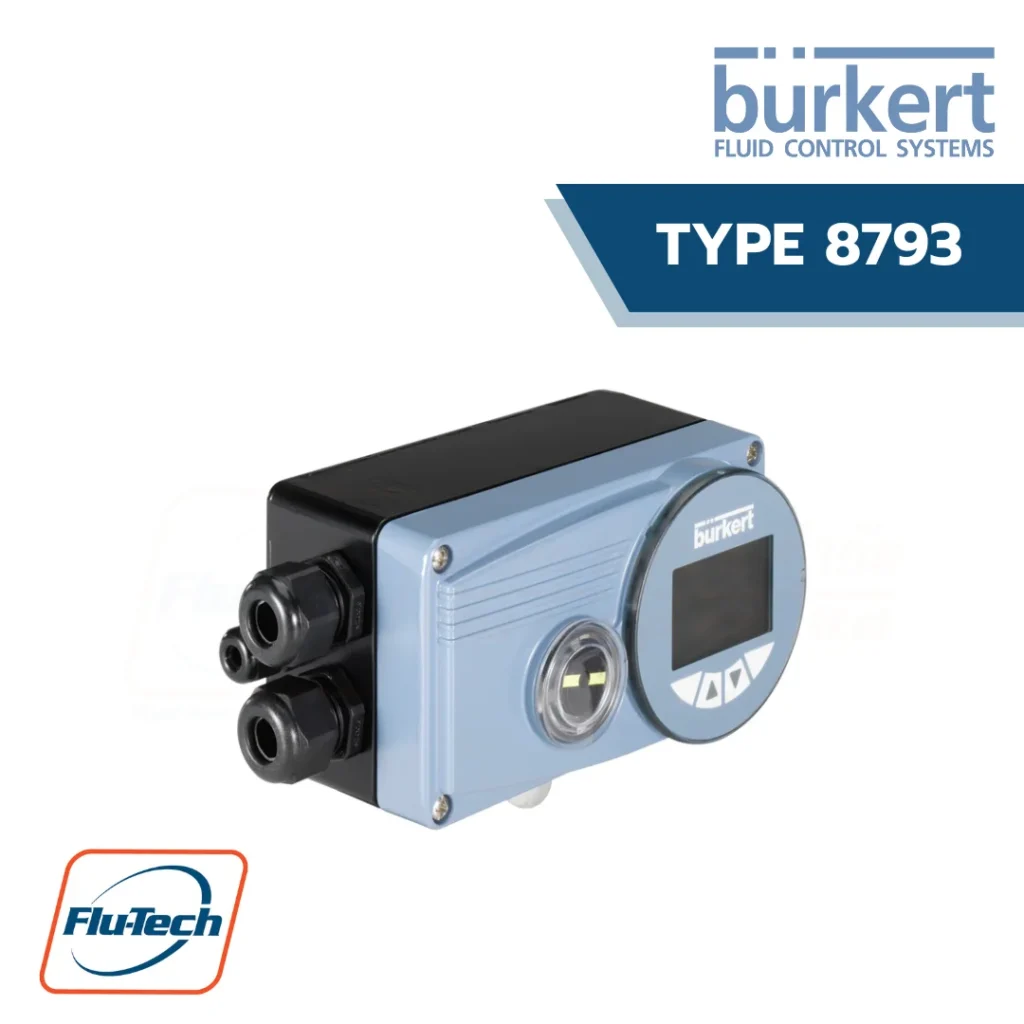ตัวกําหนดตําแหน่งสําหรับวาล์วควบคุม เป็นอุปกรณ์ที่ใช้สำหรับการควบคุมแรงดันในการโหลดอากาศเพื่อขับเคลื่อนแอคชูเอเตอร์ โดยจะทำการปรับจนกว่าก้านวาล์วจะอยู่ในตำแหน่งที่สมดุลกับสัญญาณเอาต์พุตจากตัวควบคุมกระบวนการตัวแปร
จุดประสงค์ของตำแหน่งในวาล์วควบคุมคืออะไร ?
ตัวกำหนดตำแหน่งสำหรับวาล์วควบคุม มีหน้าที่ในการปรับตำแหน่งของวาล์วให้ตรงกับค่าที่ตั้งไว้สำหรับตัวแปรกระบวนการต่างๆ เช่น ความดัน, อุณหภูมิ, หรืออัตราการไหล ซึ่งเป็นส่วนสำคัญในการควบคุมกระบวนการผลิตให้มีประสิทธิภาพ
ตัวกําหนดตําแหน่งสําหรับวาล์วควบคุม ทํางานอย่างไร
โดยปกติแล้วผู้ผลิตจะติดตั้งตัวกำหนดตำแหน่งวาล์วบนยอดหรือปลอกด้านบนของแอคชูเอเตอร์นิวเมติกสำหรับวาล์วควบคุมแบบเชิงเส้น สำหรับวาล์วควบคุมแบบหมุน, ตัวกำหนดตำแหน่งวาล์วจะถูกติดตั้งให้ตรงกับวาล์วและก้านแอคชูเอเตอร์ที่ด้านบนหรือด้านข้างของแอคชูเอเตอร์ การติดตั้งจะแตกต่างกันไปตามประเภทของแอคชูเอเตอร์ที่ใช้งาน
การติดตั้งตัวกำหนดตำแหน่งกับแอคทูเอเตอร์ทำให้สามารถวัดการเคลื่อนที่ของก้านวาล์วเชิงเส้นหรือระดับการหมุนของวาล์วโรตารี่ได้ นอกจากนี้ยังสามารถปรับตำแหน่งของวาล์วได้ตามความต้องการโดยอิงจากสัญญาณอินพุตที่ได้รับจากตัวควบคุมเครื่องมือ
เมื่อตัวแปรของกระบวนการเบี่ยงเบนจากค่าที่ต้องการ, ตัวควบคุมจะส่งสัญญาณไฟฟ้าหรือนิวเมติกไปยังตัวกำหนดตำแหน่ง ซึ่งจะทำให้เอาต์พุตนิวเมติกเปลี่ยนแปลงไปยังแอคทูเอเตอร์ เพื่อขยับวาล์วให้เปิดหรือปิดตามที่ต้องการ กระบวนการนี้จะดำเนินต่อไปจนกว่าตัวแปรกระบวนการจะกลับมาอยู่ที่ค่าที่ตั้งไว้เดิม
ตัวกําหนดตําแหน่งมีกี่ประเภท
ตัวกําหนดตําแหน่งมี 3 ประเภทหลัก:
- ตัวกําหนดตําแหน่งวาล์วนิวเมติก (Pneumatic Valve Positioner)
- ตัวกําหนดตําแหน่งวาล์วไฟฟ้านิวเมติก (Electro-Pneumatic (EP) Valve Positioner)
- ตัวกําหนดตําแหน่งวาล์วดิจิตอล (Digital Valve Positioner)

Pneumatic Valve Positioner
ตัวกำหนดตำแหน่งวาล์วนิวเมติกจะรับสัญญาณนิวเมติก (ทั่วไปคือ 3-15 หรือ 6-30 psi) จากคอนโทรลเลอร์ และจะส่งแรงดันอากาศที่เหมาะสมไปยังแอคชูเอเตอร์วาล์ว เพื่อให้ก้านวาล์วหรือตำแหน่งเพลาอยู่ในตำแหน่งที่ถูกต้องตามสัดส่วนของสัญญาณนิวเมติกที่ได้รับ
Electro-Pneumatic (EP) Valve Positioner
ตัวกำหนดตำแหน่งวาล์วนิวเมติกจะรับสัญญาณนิวเมติก (ทั่วไปคือ 3-15 หรือ 6-30 psi) จากคอนโทรลเลอร์ และจะจ่ายแรงดันอากาศที่เหมาะสมไปยังแอคชูเอเตอร์วาล์ว เพื่อให้ก้านวาล์วหรือตำแหน่งเพลาอยู่ในตำแหน่งที่ถูกต้องตามสัดส่วนของสัญญาณอินพุตนิวเมติก
burkert Electro-Pneumatic (EP) Valve Positioner
Digital electropneumatic positioner for integrated mounting on process control valves Type 8694
- Compact and robust stainless steel design
- Start-up with automatic TUNE function
- Contact-free position sensor
- Integrated pilot air duct in the actuator
- AS interface, IO-Link or Bürkert system bus (büS)
Digital electropneumatic positioner for integrated mounting on process control valves Type 8696
- Compact stainless steel design
- Start-up with automatic TUNE function
- Contact-free position sensor
- Integrated pilot air duct in the actuator
- Digital communication IO-Link, Bürkert system bus (büS)
Digital electro pneumatic positioner for integrated mounting on process control valves Type 8692
- Compact and robust stainless steel design
- Easy start-up with automatic X-Tune function
- Contact-free position sensor
- Integrated pilot air duct with spring chamber aeration
- EtherNet/IP, PROFINET, Modbus TCP, PROFIBUS DP-V1 or Bürkert system bus (büS)
Digital electropneumatic process controller for integrated mounting on process control valves Type 8693
- Compact and robust stainless steel design
- Easy start-up via Tune function for position and process controller
- Contact-free position sensor
- Integrated pilot air duct with spring chamber aeration
- PROFIBUS DP-V1, EtherNet/IP, PROFINET, Modbus TCP or büS (Bürkert System Bus)
ตัวกําหนดตําแหน่งสําหรับวาล์วควบคุม EP อาจถูกเรียกว่า “ตัวกำหนดตำแหน่งแบบอะนาล็อก” เนื่องจากสัญญาณอินพุตที่ส่งไปยังตัวกำหนดตำแหน่งเป็นแบบแอนะล็อก หลายหน่วยประมวลผลใช้สัญญาณ DC 4-20 mA ในอุปกรณ์อิเล็กทรอนิกส์เพื่อควบคุมวาล์ว ด้วยเหตุนี้ตัวกำหนดตำแหน่งจึงจำเป็นต้องทำการแปลงสัญญาณกระแสไฟฟ้าเป็นสัญญาณความดันลมเพื่อใช้งานต่อไป
Digital Valve Positioner
Digital Valve Positioner รับสัญญาณไฟฟ้าจากคอนโทรลเลอร์ ซึ่งมักเป็น 4-20mA, HART, PROFIBUS หรือ Foundation Fieldbus และเป็นแบบดิจิทัลไม่ใช่อนาล็อก หลังจากนั้น มันจะแปลงสัญญาณเป็นนิวเมติกเพื่อส่งไปยังแอคชูเอเตอร์ของวาล์วนิวเมติกให้ตรงกัน
นอกจากนี้ยังมีความแตกต่างจาก EP Positioner โดยการใช้ไมโครโปรเซสเซอร์ในการแปลงสัญญาณควบคุมและควบคุมตำแหน่ง ซึ่งไม่เหมือนกับการใช้ชุดลำแสง, ลูกเบี้ยว, และลูกนกแบบกลไกที่ใช้ใน EP Positioner แบบเดิม
อินพุตไฟฟ้าช่วยเพิ่มความสามารถขั้นสูงให้กับผู้ใช้ โดย “ตัวกำหนดตำแหน่งอัจฉริยะ” แบบดิจิทัลนี้จะรวบรวมข้อมูลและแจ้งเตือนผู้ใช้เกี่ยวกับประสิทธิภาพการทำงานของวาล์ว รวมถึงการวินิจฉัยและการบำรุงรักษาอย่างอัตโนมัติ

Type 8635 – Digital electropneumatic Positioner SideControl
burkert Digital Valve Positioner
Digital electropneumatic positioner SideControl Type 8791
- Compact and robust design
- Easy start-up using X.TUNE function
- Integrated diagnostic functions for valve monitoring
- Dynamic actuating system with no air consumption in controlled state
- IO-Link Port Class A & B, AS interface or Bürkert system bus (büS)
Digital electropneumatic positioner SideControl Type 8792
- Compact and robust design
- Easy to start up using X.TUNE function
- Integrated diagnostic functions for valve monitoring
- Dynamic actuating system with no air consumption in controlled state
- EtherNet/IP, PROFINET, Modbus TCP, PROFIBUS DP-V1 or Bürkert system bus (büS)
Digital electropneumatic Process Controller SideControl Type 8793
- Compact and robust design
- Start-up via the X.TUNE and P.TUNE function of the positioner and process controller
- Integrated diagnostic functions for valve monitoring
- Dynamic actuating system with no air consumption in controlled state
- EtherNet/IP, PROFINET, Modbus TCP, PROFIBUS DP-V1 or Bürkert system bus (büS)
Digital electropneumatic Positioner SideControl Type 8635
- Compact and robust design
- Easy to start using TUNE-Function
- Dynamic positioning system with no air consumption in controlled state
- Intrinsically safe acc. to ATEX II 2 (1) G Ex ia IIC T6 Gb
- Optionally with integrated process controller
อ้างอิง BURKERT, Factocomponents.co.th

